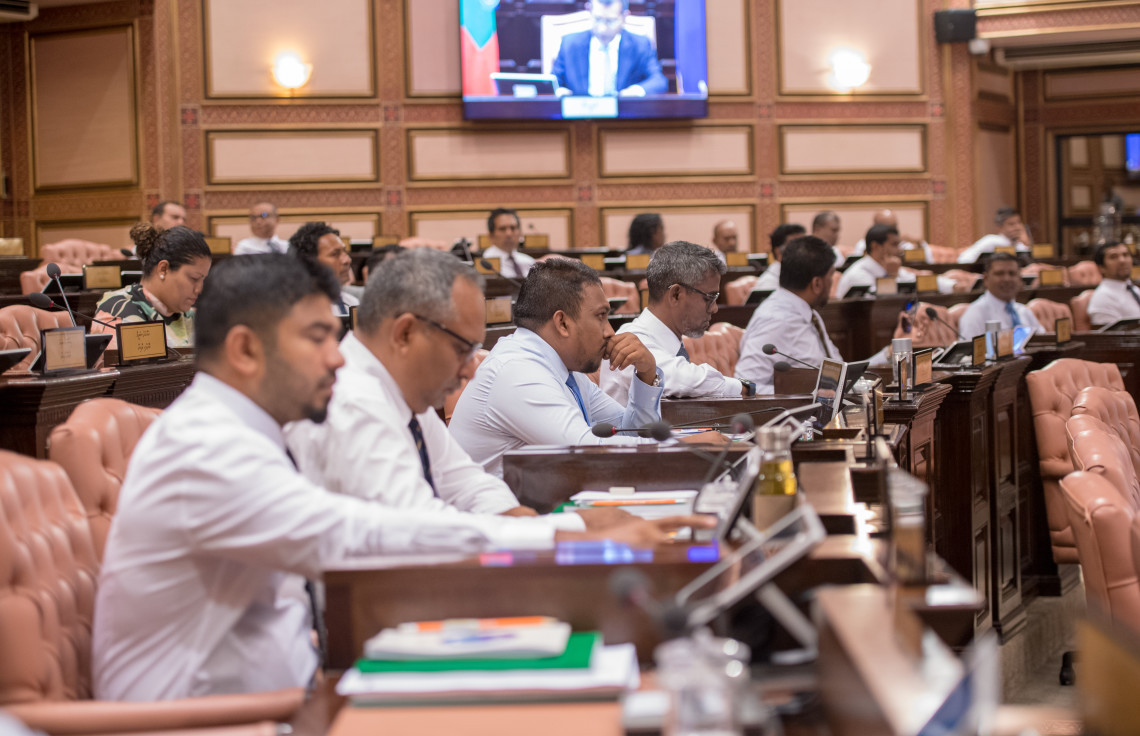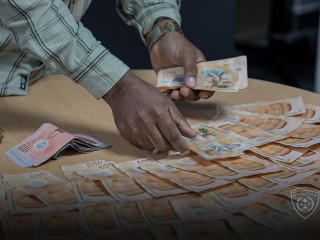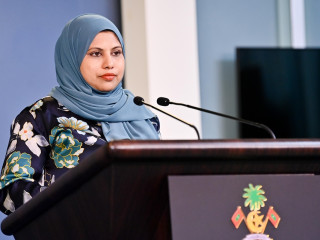New procedure of the People’s Majlis has been approved with 48 amendments.
Members had submitted a total of 52 amendments to the parliament floor for the new procedures.
Votes had been taken for each motion separately.
The Gavaaidhu Committee’s report was passed with 61 votes in favor.
The 19th Parliament had amended the procedures set by the 17th Parliament in March 2010.
At a sitting on 29 May, the Speaker had passed to amend and follow the procedures set by the 17th Parliament within 30 days.
After completing the work of the 11-member committee compiling the new procedure, the final report was heard at the sitting on Monday. Once the opportunity was opened to submit amendments, parliamentarians representing the main ruling Maldivian Democratic Party (MDP) had submitted several amendments, totaling 52.
Gavaaidhu Committee’s chair and MP for Maradhoo constituency, Ibrahim Shareef stated that the committee had initially proposed 40 amendments to the procedure. The committee had worked to complete the procedure as soon as possible in order to efficiently grant the people’s requirements, as soon as possible.
Some of the important amendments include cutting back 50 percent of a member’s wages if they do not attend sittings for half of every month. As such, 50 percent of their wages will be cut back if they take sick leaves without a valid reason. Parliament is to accept sick leaves and annual leaves as a valid reason. Parliamentarians are also required to submit the financial statements of their spouses.
With other changes, parliament sessions will now run differently. As such, the first session will go from 1 February to 30 April, the second from 1 June to 31 August and the third from 1 October to 30 November.
According to the Maldives constitution, parliament shall “make regulations and principles concerning its business, with due regard to representative and participatory democracy, accountability, transparency and public involvement. Such regulations may include rules of decorum and attendance requirements, and, subject to the consent of two-thirds of the members, may provide for non-payment of salary.”
Other amendments that were passed include giving those who are to be summoned to parliament committees a five-day period before they are to be presented, airing interviews with appointees to independent institutions, live as well as banning the speaker’s opinions in any parliament debate among many others.





